Sense of Belonging for Faculty Success is Emphasized at Faculty Retreat
The world of higher education is changing rapidly.
Faculty members face increased pressure and accountability for student learning and to be more responsive to student needs and challenges, California State University, Northridge President Dianne F. Harrison noted in her keynote address at the annual Faculty Retreat. The very goals of higher education have changed, shifting from “broadening intellectual horizons” to emphasis on new pedagogy and helping learners use knowledge toward innovation, Harrison said, citing a Chronicle of Higher Education article, “The 21st-Century Academic.”
These pressures on faculty — along with challenges presented by CSUN’s student success initiative called Matadors Rising — make it imperative for faculty members to feel a sense of community at the university, Harrison said.
“Creating a sense of belonging and a culture of support at CSUN is essential to helping all of us make sense of this new world and the new demands being made on faculty and the university,” Harrison said. “We owe it to each other — we cannot assume business as usual. Faculty well-being — and belonging — is just as important as student well-being.”
Harrison emphasized the importance of faculty success initiatives in a speech titled “Are Students the Only Ones Who Need to Feel They Belong?,” at the Jan. 16 retreat held at the Skirball Cultural Center. About 130 faculty attended the retreat, which was an opportunity for faculty members to relax and learn strategies for professional growth, which also will benefit students.
The event opened with a welcome from Faculty Senate President Adam Swenson and event co-chairs Kim Henige and Elizabeth Sussman. Vice Provost Stella Theodoulou discussed early gains, as well as challenges ahead, in the Matadors Rising student success initiative. Matadors Rising is a localized approach to the California State University Graduation Initiative, aiming to increase graduation rates and reduce the time it takes to complete a degree.
One of the goals of the Faculty Retreat, Swenson said, was to encourage faculty members to network within their departments as well as across disciplines. Networking will help faculty members benefit from the expertise of colleagues who have faced similar challenges and problems, and who can share tips about what works and what does not.
“We wanted to focus on helping people network,” Swenson said. “The more people they know on campus, the easier it is to figure out how to do great work.”
CSUN’s student success initiatives, which have boosted graduation and retention rates since their launch in 2016, include emphasis on mentorship and campus activities to give students a sense of community.
Similarly, faculty members are more likely to succeed if they feel part of a university community that understands and responds to their needs, Harrison said. A lack of sense of belonging can also create chronic stress and even mild depression, or result in a premature departure from the university, she said.
“We are all human, and it’s inevitable that our everyday experiences and challenges on and off campus will have an impact on us, unintentionally affecting our relationships and, ultimately, the experience of our students,” Harrison said.
CSUN has implemented programs to recruit, retain and mentor new faculty, such as a New Faculty Orientation Program, a Faculty Success Program that provides support for balancing workload and productivity, and a Solo Success Workshop that provides a faculty cohort for underrepresented groups to address their unique concerns. Harrison also endorsed lifelong mentoring programs to ensure the success of senior faculty.
The Faculty Retreat itself helps foster a deeper sense of connection, Harrison said.
“Your attendance today already underscores your commitment and engagement,” she said. “I ask all of you to help spread your enthusiasm and dedication to your colleagues in your departments and around campus. Let’s have a ‘We Belong to CSUN’ campaign that we are proud of and does important work.”
For a transcript of President Harrison’s remarks, click here.

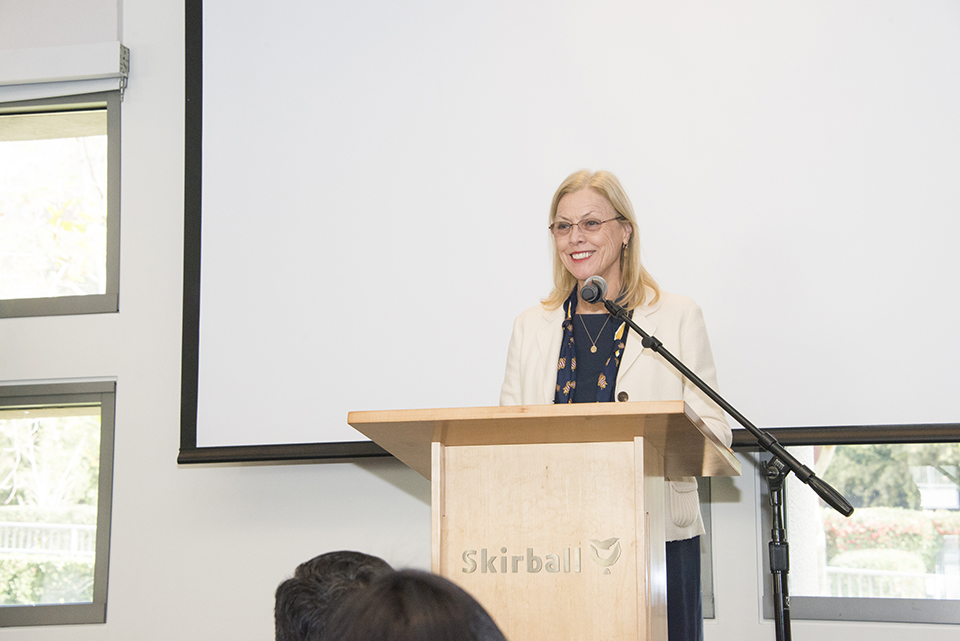
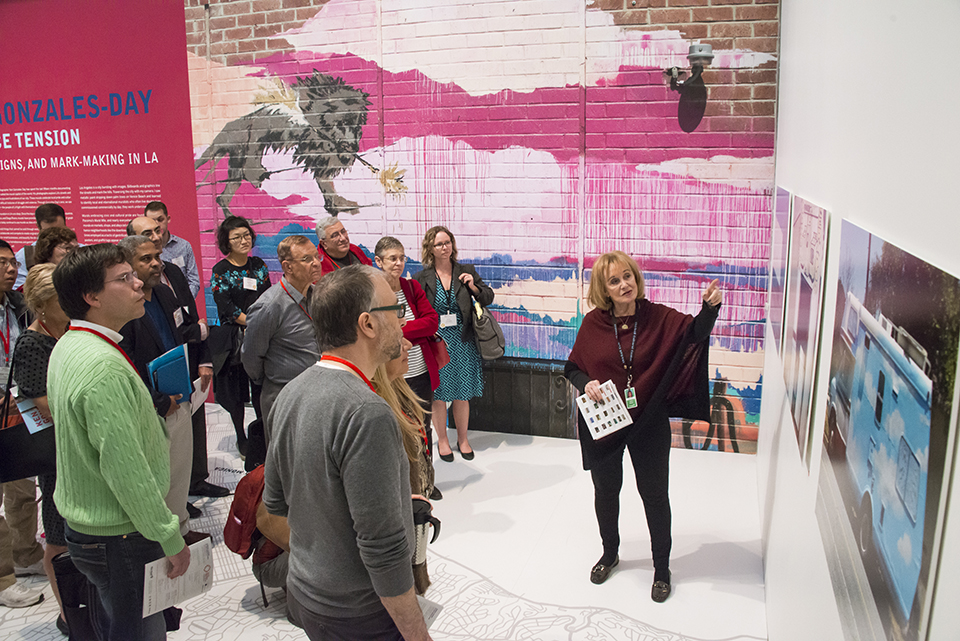
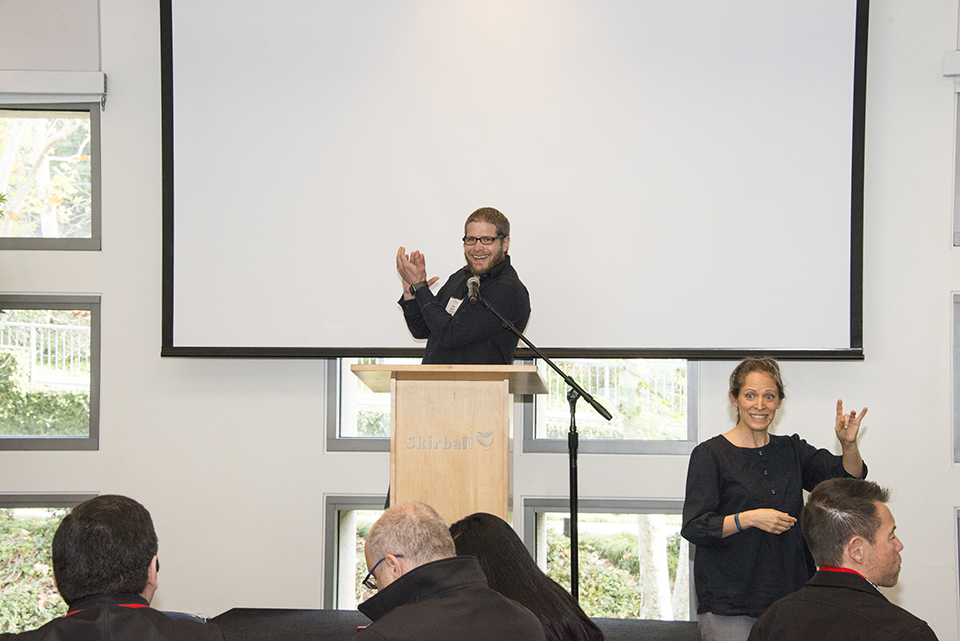
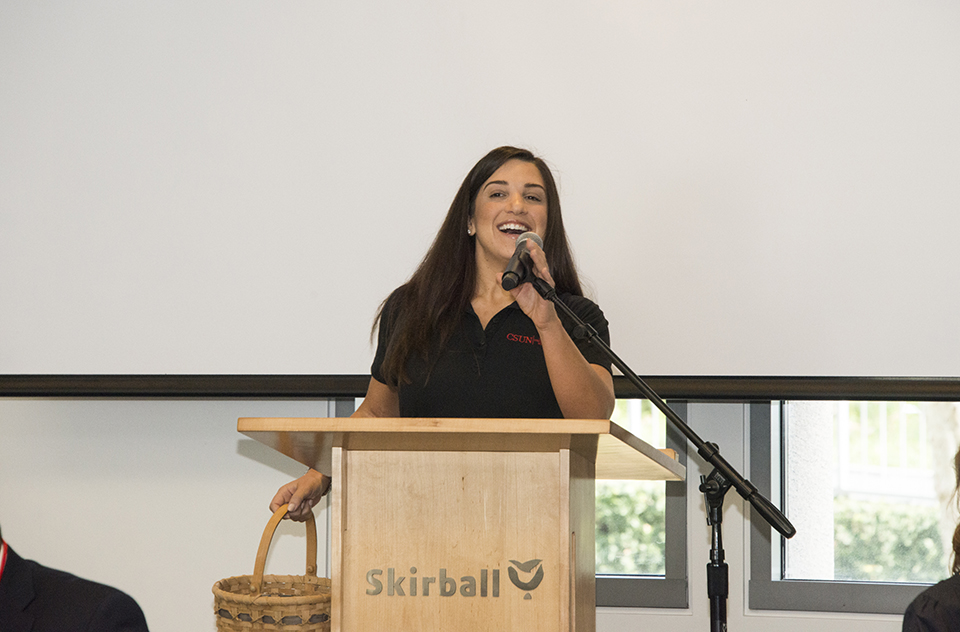
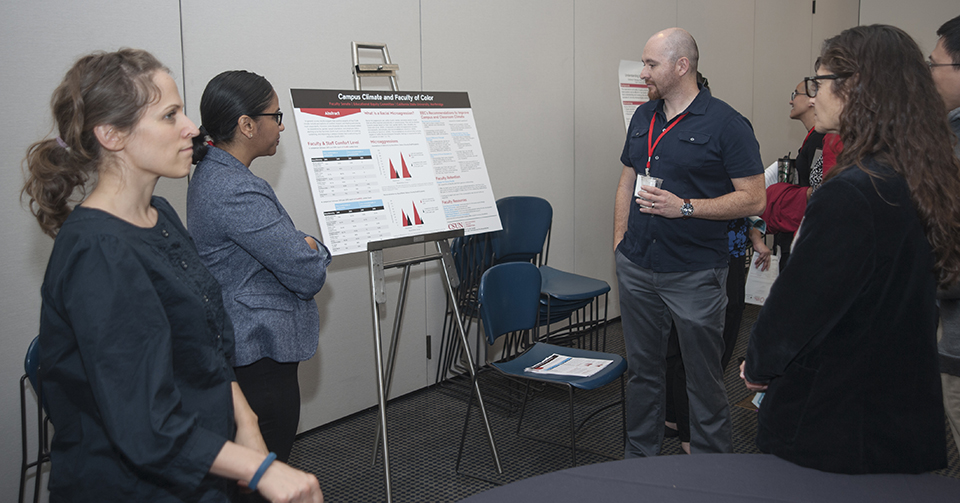
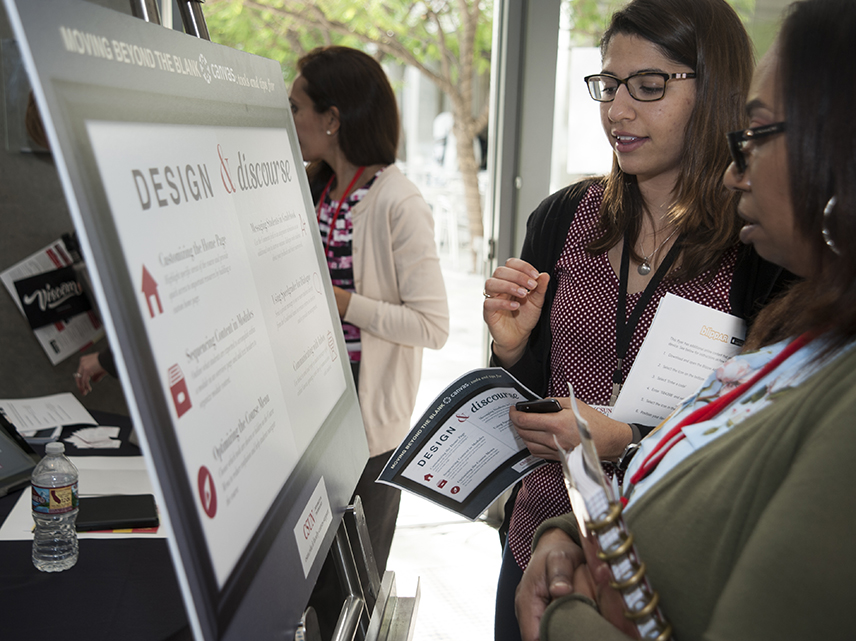
 experience
experience